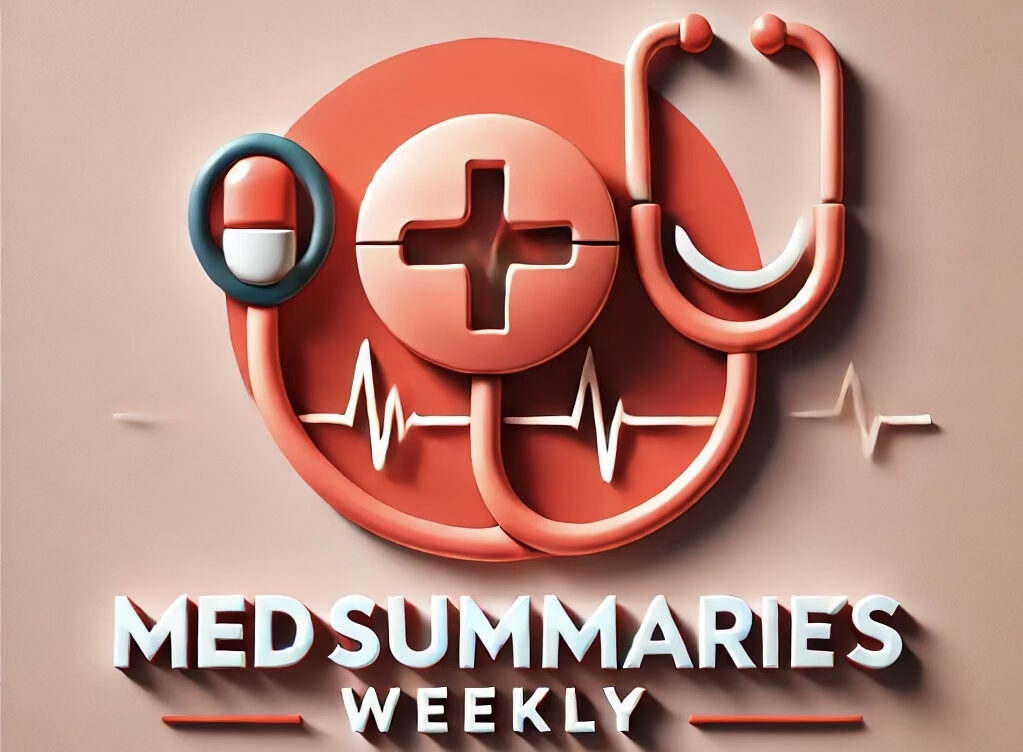NUTRIREA-3
Does early calorie and protein restriction improve outcomes in critically ill patients compared with standard calorie and protein targets?
- Pragmatic, randomised, controlled, multicentre, open-label, parallel-group trial
Adults (≥18 years) receiving invasive mechanical ventilation and vasopressor support for shock in 61 French intensive care units (ICUs)
- Number of patients studied: 3044
- Inclusion criteria: Adults (≥18 years) receiving invasive mechanical ventilation and vasopressor support for shock
- Exclusion criteria: None mentioned
Interventions

- Experimental group: Early nutrition (started within 24 h after intubation) with low calorie and protein targets (6 kcal/kg per day and 0.2–0.4 g/kg per day protein)
- Control group: Early nutrition (started within 24 h after intubation) with standard calorie and protein targets (25 kcal/kg per day and 1.0–1.3 g/kg per day protein)
Primary outcome

Significant difference? Yes, in time to readiness for ICU discharge, but not in day 90 all-cause mortality
Secondary outcomes: Secondary infections (no significant difference), gastrointestinal events (significant difference), and liver dysfunction (significant difference)
Safety outcomes or Adverse Events: Vomiting (significant difference), diarrhoea (significant difference), bowel ischaemia (significant difference), and liver dysfunction (significant difference)
Conclusion
Compared with standard calorie and protein targets, early calorie and protein restriction did not decrease mortality but was associated with faster recovery and fewer complications.
